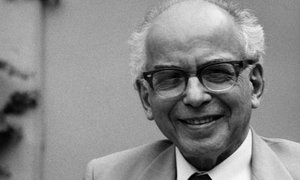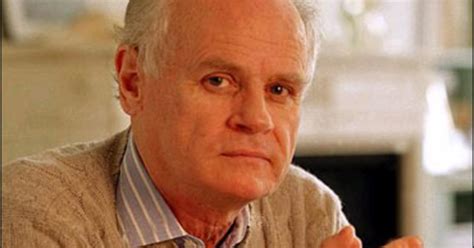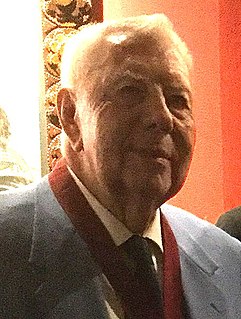A Quote by Mitch Leigh
I was in the army, and I had given up the thought of being a composer.
Related Quotes
He was in a room of the Gesshuuji, which he had thought it would be impossible to visit. The approach of death had made the visit easy, had unloosed the weight that held him in the depths of being. It was even a comfort to think, from the light repose the struggle up the hill had brought him, that Kiyoaki, struggling against illness up that same road, had been given wings to soar with by the denial that awaited him.
I honestly thought we wouldn't hold the U.S. Senate. I thought we'd come up short and I didn't think President Donald Trump had a chance of winning. Given my expectations, doubly exciting because I thought we'd come up short on the Senate. We had a lot of exposure. That was really something. But it never occurred to me that he might be able to win as well.
There are three ways in which a ruler can bring misfortune on his army: By commanding the army to advance or to retreat, being ignorant of the fact that it cannot obey. This is called hobbling the army. By attempting to govern an army in the same way as he administers a kingdom, being ignorant of the conditions which obtain in an army. This causes restlessness in the soldier's minds. By employing the officers of his army without discrimination, through ignorance of the military principle of adaptation to circumstances. This shakes the confidence of the soldiers.




































